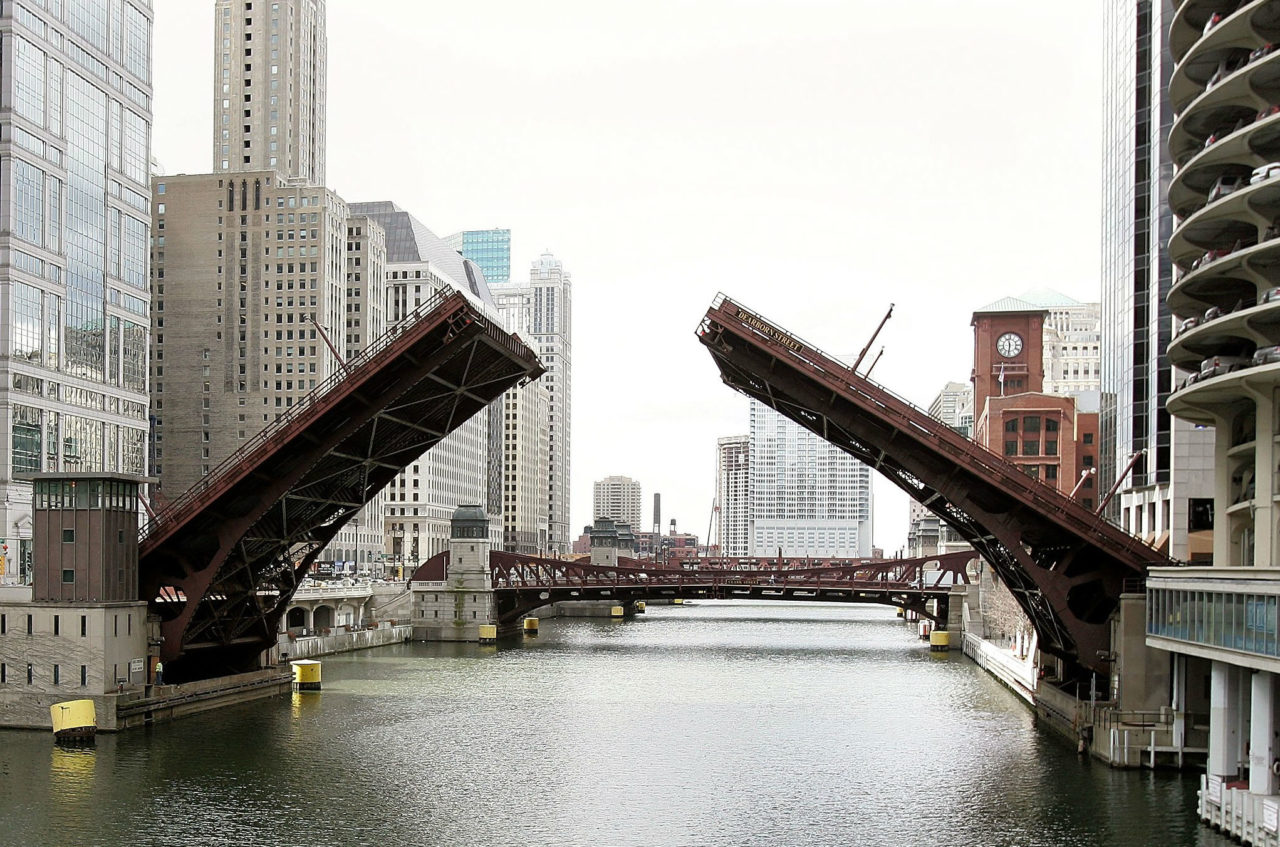Reality Check: Illinois Adjusts Tax For New Chicago Casino


An Illinois state senator proposed an amendment to the state’s gambling laws after it was determined that a blackjack in Chicago would not have been financially sound. Developers may be persuaded to join the initiative by the amendment’s widespread help.
The issue with the initial game duty in Chicago
House Floor Amendment 3 is a modification of the gambling expansion lawenacted in June. Illinois Rep. Bob Rita proposed the amendment after weeks of negotiations with Governor J.B. Pritzker, the City of Chicago and members of the Illinois Senate.
The proposed Chicago mega-casino’s tax rate may be significantly reduced if the amendment were to pass. The highest number of games positions that hospital may offer is 4, 000, which is twice the optimum for other Illinois casinos.
Technically speaking, the amendment repeals an additional 33.3 % privilege tax that was set aside for the city. Any task that is not a legal right is subject to the privilege tax. Another example of a luxury tax is estate tax on automobiles because people do not have the legal right to own cars under the Illinois state law.
In addition to the regular rates that other Illinois gambling pay to their respective regions and the state, the original model added a 33.3 % opportunity tax. Illinois game taxes are progressive, meaning that as profit increases, so do prices.
Illinois gaming facilities pay a 50 % and 20 % tax, respectively, at the highest revenue brackets of at least$ 200 million for slots and$ 25,000,000 for table games. A Chicago casino may have paid almost 74 % of its revenue away in taxes on its highest earnings if the privilege tax had been added.
The Illinois Gaming Board’s feasibility study found that to be too burdensome for such a business to actually turn a profit. Because of that, the state is considering a significant change.
information on HFA3’s fresh tax deadline
According to a press release, the article directly reflects the findings of the Gaming Board Feasibility Study. However, a game in Chicago will continue to have the highest income level in the state.
The modifications lay out a new democratic income rather than adding an additional opportunity taxes on top of the standard rates. Only the proposed facility in the Windy City will be covered by this specific plan.
The true costs haven’t changed all that much. The casino may give up to 74.7 % of the regular slot machine revenue. 35 % would be the highest earnings from table games.
But, what have changed significantly are the bracket. Only revenues at / above$ 1 billion from slots and$ 375 million from table games would be subject to the highest tax rates.
Politicians hope that as a result, designers will view the prospects more strongly. Given that there are already a number of other games in the area, it might still be difficult to sell, but it would have been virtually impossible. to draw buyers while maintaining the status quo.
With this action, the state & rsquo’s strategy to deal with problems like pensions for city employees becomes more feasible. The article also reassures the populace that Springfield may grow from its errors.







